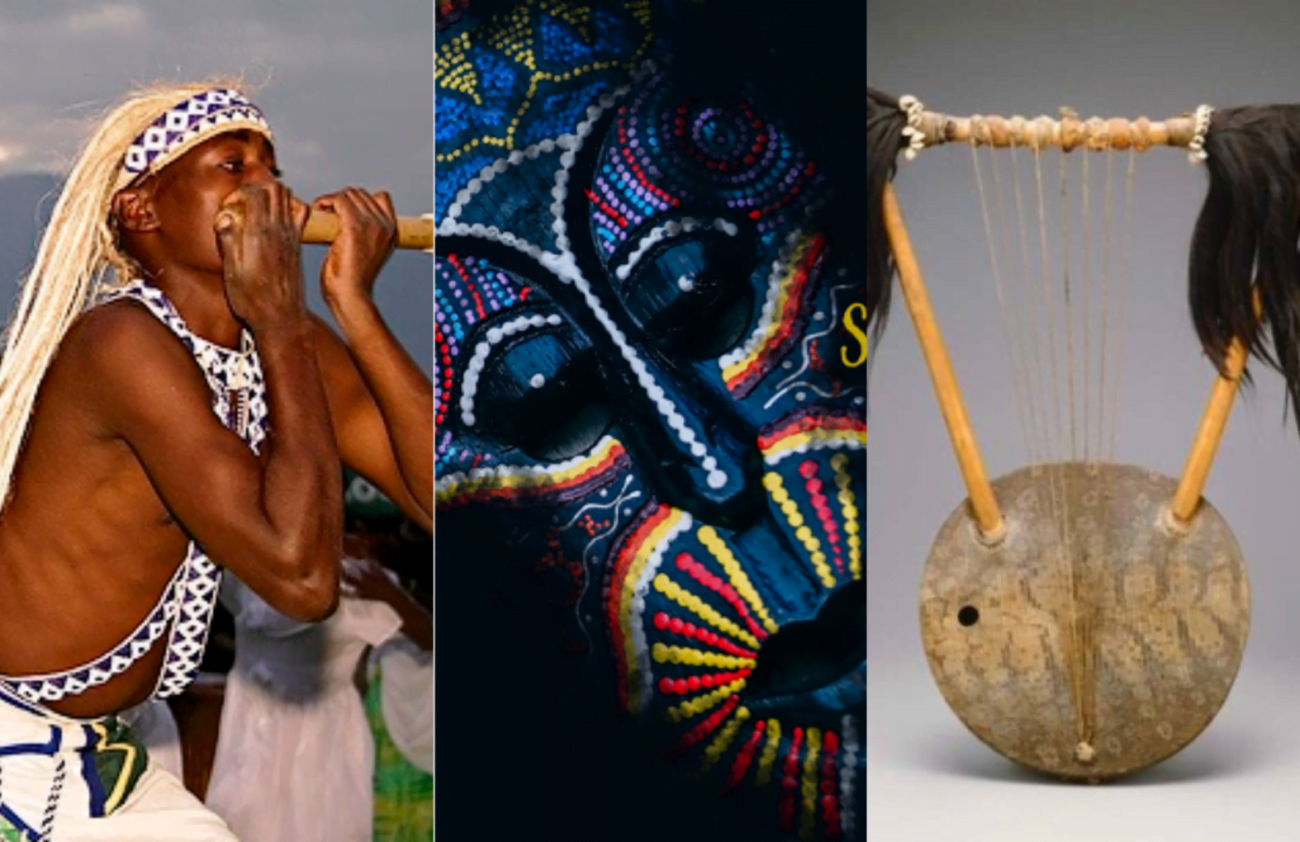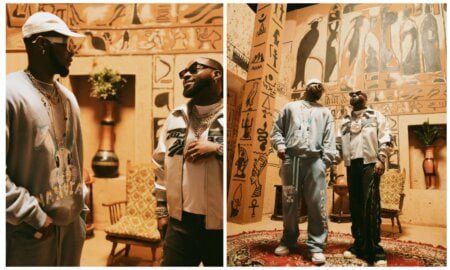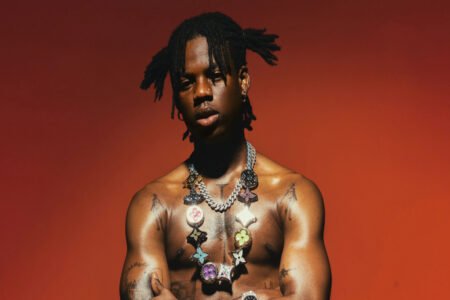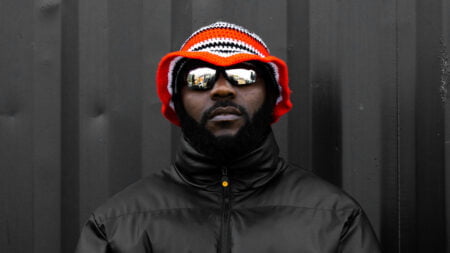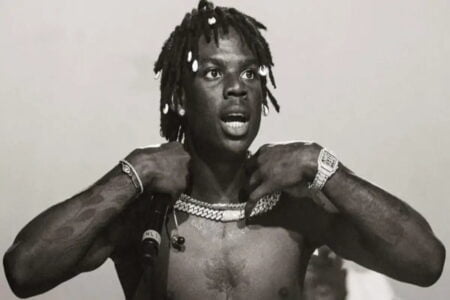Human civilization has always been deeply rooted in music, which is a potent form of expression and communication. Even more deeply significant and inextricably entwined with spirituality is music in Africa. African music transcends simple enjoyment and serves as a link between the material and spiritual worlds since it is based on long-standing customs and beliefs. The melodies, rhythms, and chants of African music foster a profound connection to the divine, offering comfort, healing, and social harmony in both ceremonial ceremonies and daily life. This article will look at the rich spiritual history of African music and how it connects to it. African Music and Its Profound Connection to Spirituality
The Significance of African Music in Spiritual Practices
Music is inextricably linked to religious events and spiritual practices in African communities. It acts as a channel for communication with spiritual beings, gods, and ancestors. African music provides the soundtrack for calling upon higher forces, requesting direction, and commemorating spiritual achievements, from ancient ceremonies to modern religious manifestations. These ceremonies foster a spiritual environment that encourages transcendence through the employment of particular instruments, rhythmic patterns, and vocal methods.
Rhythms, Drumming, and Spiritual Energy
African music’s throbbing beats have a hypnotic effect and are frequently referred to as “the heartbeat of the community.” In many African communities, drumming is especially important since it is said to invoke spiritual energy and help people feel closer to their ancestors. Drums and other percussion instruments produce complex patterns and polyrhythms that resonate with the universe’s pulse and the natural cycles of life. Collectively listening to rhythmic music induces a state of meditation that promotes spiritual harmony and a closer relationship with God.
Call and Response: A Dialogue with the Spirit
In call-and-response patterns, which are common in African music, a lead singer or group of singers starts a melodic phrase, and the chorus or audience responds. The interaction between the worldly and spiritual realms is shown in this participatory design. It represents a discourse with the spirits, urging them to take part in the music and have a dialogue with the human world. As everyone actively participates in the song and builds greater ties with one another and the spiritual energies present, call-and-response also promotes a sense of community and inclusiveness.
Sacred Instruments and Vocal Harmonies
In African music, the instruments chosen have profound spiritual importance. The Oghene, mbira, djembe, kora, and balafon are among the instruments frequently connected to divine communication. Their diverse tones are in tune with various elements of the natural world and spiritual energies. Additionally, call-and-response vocal harmonies weave a potent musical tapestry that transcends the physical realm and raises listeners to a higher spiritual level. The dialogue between the voices represents the community’s harmony and ties to the holy.
Music as Healing and Transformation
African music is renowned for having the power to heal and alter people. Music can be a tool for spiritual healing and emotional catharsis through rhythmic movement, chanting, and musical excursions. Certain tunes and rhythms are thought to have the ability to balance the body, cleanse the soul, and expel harmful energies. In this way, African music uplifts the spirit and serves as a vehicle for both individual and group transformation.
The deep spiritual resonance of African music is evidence of the continent’s vast cultural legacy and profound knowledge. Its melodies, rhythms, and group participation foster the creation of a sacred environment where people can transcend the physical world and engage in divine communion. African music has the ability to bring people together, mend relationships, and give people a sense of belonging. It reminds us of the close relationship between music, spirituality, and what it is to be truly human. We revere the spiritual practices of the continent and foster a greater knowledge of the human condition through praising and honoring African music.

